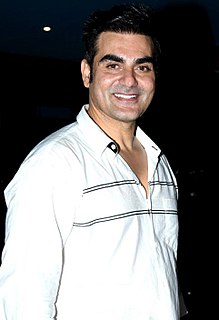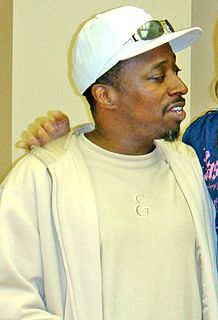A Quote by Lee Unkrich
I just ended up focusing on film editing as I was getting my career started. I'm very passionate about editing and will continue to edit for the rest of my career, but it's not like that was all I did and then somehow I grew into directing a movie.
Related Quotes
I grew up loving watching movies, and at a certain point, I started to become fascinated with making movies. Then I went to film school, and I got to dabble with different aspects of moviemaking, and I ended up settling heavily into editing - editing was what I was really adept at, had a passion for.
All three parts of filmmaking [writing, shooting, editing] contribute to rhytm. You want the script to be a tight as possible, you want the acting to be as efficient as possible on the set, and you have enough coverage to manipulate the rhythm in the editing room, and then in the editing room you want to find the quickest possible version, even if it's a leisurely paced film. I definitely in filmmaking more and more find writing and directing a means to harvest material for editing. It's all about editing.
Performance is made in the editing room, and I've come to see the truth in that - the idea that they say performances are usually made in the editing room because what you film is the raw material. I think just going through the process of saying, "Which take do we use? Why is that the take we want? I want that take can you edit again, I'm not sure that's the one, I think it's this one." And just because you go through that process, I think somehow it's made me sort of more open about the [actor's] possibilities.
I watched a lot of movies from all over the world. The Russians were very good at editing. They were specialists in editing. The Man with a Camera, if you know that movie, is incredible. I still don't understand how it works. It's a movie with no script, no actors and still it works. It's really good. It's really about editing.
In editing, you really face what the movie is. When you shoot it, you have this illusion that you're making the masterpieces that you're inspired by. But when you finally edit the movie, the movie is just a movie, so there is always a hint of disappointment, particularly when you see your first cut.
In the very beginning, women were editors because they were the people in the lab rolling the film before there was editing. Then when people like D. W. Griffith began editing, they needed the women from the lab to come and splice the film together. Cecil B. DeMille's editor was a woman. Then, when it became a more lucrative job, men moved into it.
[ Digital revolution ] only has allowed me to work faster, editing digitally, which I'm doing right now, a film on volcanoes. I can edit almost as fast as I'm thinking, editing with celluloid means always searching for this little reel of film, and number it, and scribble on it with some sort of pens, and gluing it together, and working on a flatbed. It's much, much slower.



































